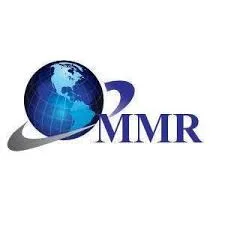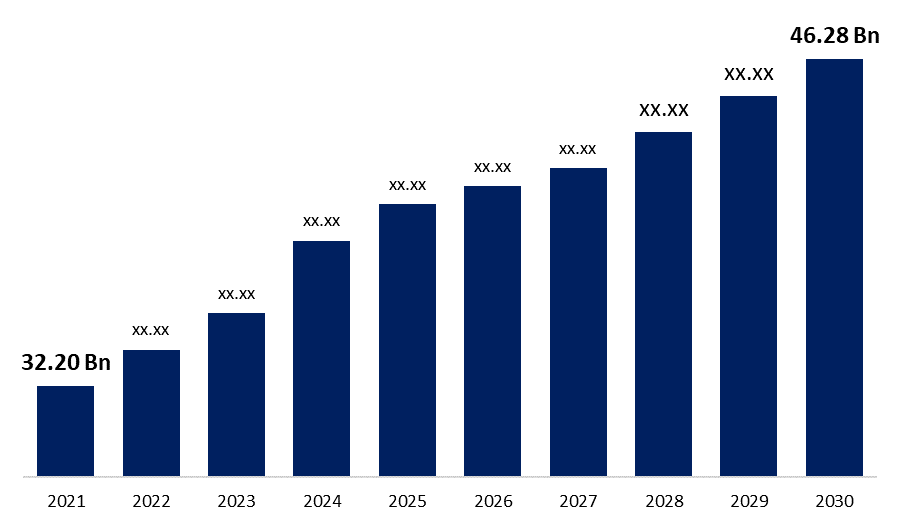Voice recognition technology is transforming the way we interact with...
Read More.BEYOND BLOGGING
Are You Ready?
Focus on creating a blog , that is great for your readers.
Don't focus on a great blog.
Recent Posts
Professional Rug Cleaners Near Washington
Your rugs deserve more than just a surface cleaning. Our...
Read MoreOffice Carpet Cleaning Services DC
A clean office is a productive office, and carpets play...
Read MoreBusiness Carpet Cleaners Near Washington
Finding reliable business carpet cleaners near Washington DC is essential...
Read MoreIndustrial Carpet Cleaning VA
Industrial facilities face unique challenges when it comes to carpet...
Read MoreAffordable Carpet Cleaning Near DC
Finding Affordable carpet cleaning near DC that doesn’t compromise on...
Read MoreDesign
A Sneak Peak Into Our Exclusive Articles
Premium content written by highly experienced authors.





Our Categories

Business

Digital marketing

Finance

Review

Technology

Web development
Popular Posts
Tattoo Removal in Dubai: Your
Tattoo removal is becoming an increasingly popular service in Dubai...
Read MoreMaximizing Performance with Essential Fitness
When it comes to enhancing your workout experience, using the...
Read More8 Key Factors to Establish
CBD vape juice is a rapidly emerging product in the...
Read More“Car Leasing Market Growth Trajectory:
Comprehensive Analysis of the Car Leasing Market: Trends, Forecasts, and Growth Opportunities...
Read MoreBahria Town Plots: A Prime
Bahria Town has become a symbol of luxury, innovation, and...
Read MoreCan Body Contouring Help with
Losing a significant amount of weight is a remarkable achievement...
Read MoreLeading Experts in Dermatology Offering
Dubai has established itself as a global hub for excellence...
Read MoreIndustrial Services Market: Trends, Opportunities,
The Industrial Services Market was valued at USD 32.20 Billion in...
Read MoreOur Services

Search engine optimization
SEO services optimize websites for better visibility and ranking on search engines to increase organic traffic and improve online presence.

social media optimization
Social media optimization services enhance a company's social media presence through strategies such as content creation, engagement, and audience targeting.

Paid advertisement
Paid advertisement services involve managing and running paid advertising campaigns across various platforms to increase visibility and drive targeted traffic.

web application development
Web application development involves the creation and implementation of interactive software applications that run on web browsers or mobile devices.

LMS development
LMS website development involves the creation of a website specifically designed to host and deliver online educational content through a Learning Management System.

Ecommerce development
Ecommerce website development involves creating an online platform where businesses can sell products or services directly to customers over the internet.

Data Entry
Data entry services are commonly outsourced by businesses to save time and resources, allowing them to focus on core activities. It is essential to maintain.

App development
App development services involve the creation and development of mobile applications for various platforms, such as iOS (iPhone/iPad) and Android devices.

graphic designing
Graphic design services encompass a wide range of creative solutions to visually communicate messages and enhance brand identity.








